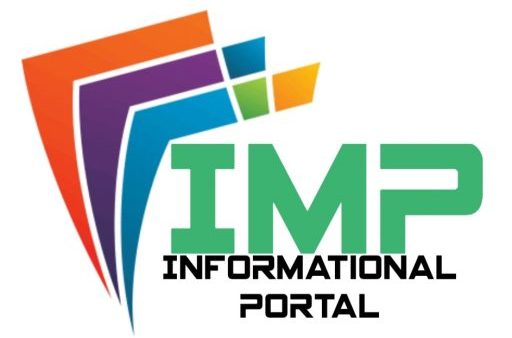Employer Identification Number EIN Number: A Complete Guide
An Employer Identification Number (EIN) is a unique identification number assigned to businesses by the Internal Revenue Service (IRS). This number functions similarly to a Social Security Number (SSN) but for a business, making it essential for tax purposes, reporting, and various business-related activities.
What is an EIN Number?
The Employer Identification Number, also known as a Federal Tax Identification Number (TIN), is a nine-digit number that businesses use for tax administration. While it is most commonly associated with businesses that have employees, many types of organizations, including corporations, partnerships, non-profits, and trusts, are required to obtain an EIN. It’s needed for filing taxes, hiring employees, opening business bank accounts, and applying for permits.

Who Needs an EIN Number?
Not all businesses need an EIN, but here are the common cases where it’s required:
- Businesses with employees: If your business hires employees, you must have an EIN.
- Corporations and partnerships: Any corporation, limited liability company (LLC), or partnership must apply for an EIN.
- Non-profit organizations: Any organization that operates for charitable, educational, or religious purposes must obtain an EIN.
- Estates and trusts: If you are administering an estate or a trust, you will need an EIN for tax filings.
- Businesses that operate as a corporation or partnership: Sole proprietors without employees are not required to get an EIN, although they can apply for one if desired.
How to Apply for an EIN Number
Applying for an EIN is a relatively straightforward process. The IRS allows businesses to apply online, by mail, by fax, or even over the phone (for international applicants). Here’s how you can apply online:
- Online application: Visit the IRS website and complete the EIN application form. The online application is available Monday to Friday, during specific hours, and is the quickest way to get your EIN.
- By mail: Complete the Form SS-4, which is the application for an EIN. You will need to mail this form to the IRS and wait for them to process it and send you your EIN.
- By fax: Fax the completed Form SS-4 to the IRS. If you need your EIN quickly, this may be the best alternative to mailing.
- By phone (for international applicants): If you are located outside of the United States, you can apply for an EIN by calling the IRS at +1-267-941-1099. This option is not available for U.S.-based applicants.
Once you’ve successfully submitted your application, the IRS will issue your EIN immediately if applying online, or within 4–6 weeks for mail or fax submissions.
Benefits of Having an EIN
The EIN offers several advantages for businesses and organizations:
- Tax Filing: An EIN is required when filing tax returns, including federal income taxes, payroll taxes, and excise taxes. It helps the IRS track the financial activities of businesses.
- Employee Payroll: If you have employees, you need an EIN to report employee wages and taxes accurately.
- Business Bank Accounts: Opening a business bank account or credit line typically requires an EIN. This helps separate your business’s finances from your personal finances, which is crucial for tax purposes and personal liability protection.
- State and Local Requirements: In some states, obtaining an EIN is necessary for business licenses, permits, and other legal requirements.
- Building Business Credit: With an EIN, businesses can start building credit, which can help them get loans or other financing options in the future.
How to Keep Your EIN Secure
Since your EIN is used for financial transactions and tax filings, it is crucial to keep it secure. Treat your EIN like you would a personal identification number, such as your SSN. Here are some tips:
- Limit sharing: Only share your EIN with trusted parties, such as financial institutions, government agencies, and tax professionals.
- Monitor your credit: Regularly check your business’s credit to ensure that no one is fraudulently using your EIN to open accounts or take loans.
